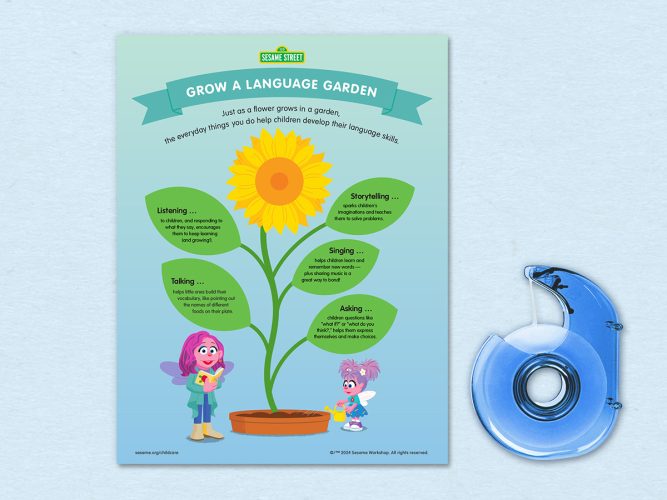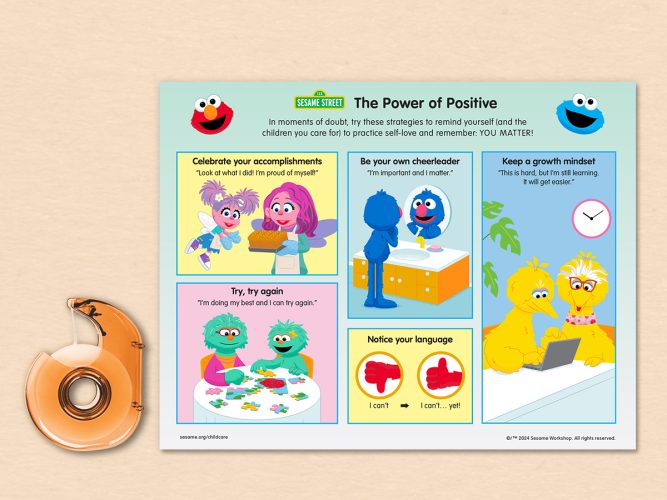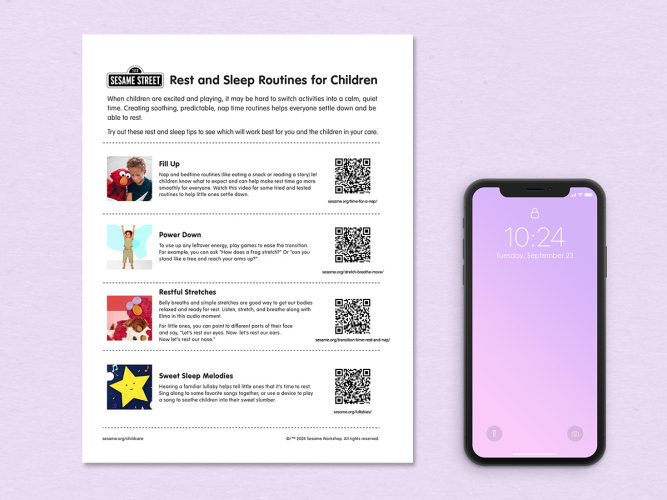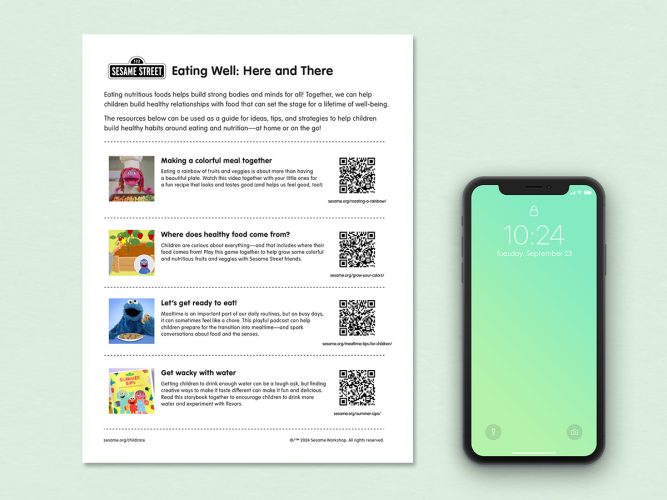
Saying “No”
Help children manage emotions, make good choices, and stay safe.
Managing behavior means reminding children that there are rules they need to follow so they can have fun and stay safe. Every family has different ways of saying “no” or managing their child’s behavior. As a caregiver, it’s important to be on the same page with parents on ways they’d like you to continue their approach while their child is with you. Here are some topics and questions you might bring up:
- Connect with parents about ways they guide the child’s behavior at home. Ask, “How do you communicate ‘no’ so that your child understands?”
- Ask about any rules children follow at home such as washing hands before meals or putting toys away after playing with them. Check to see if there are any rules the child has a particularly difficult time following, and discuss ways parents might suggest helping the child learn to follow the rule.
- Talk with parents about ways they reward the child for good behavior, and how you might do so in care.

Mindful Caregivers
Practicing mindfulness is a great way to slow down and reset.

Tracking Child Development: A Caregiver’s Guide
Keeping track of milestones and going to routine screenings helps children stay healthy and thriving.

Growing a Language Garden: Everyday Language Development
A reminder of the simple things you do every day that nurture children’s language skills.

The Power of Positive
Gentle reminders for practicing self-kindness and compassion.

Routines to Help Children Rest and Sleep
Soothing, predictable, nap and bedtime routines can help children settle down for rest.

Eating Well: Here and There
A printable page with easily shareable resources to encourage children’s healthy relationships with food.

The Heart of Communities: Supporting and Celebrating Family, Friend, and Neighbor Caregivers
